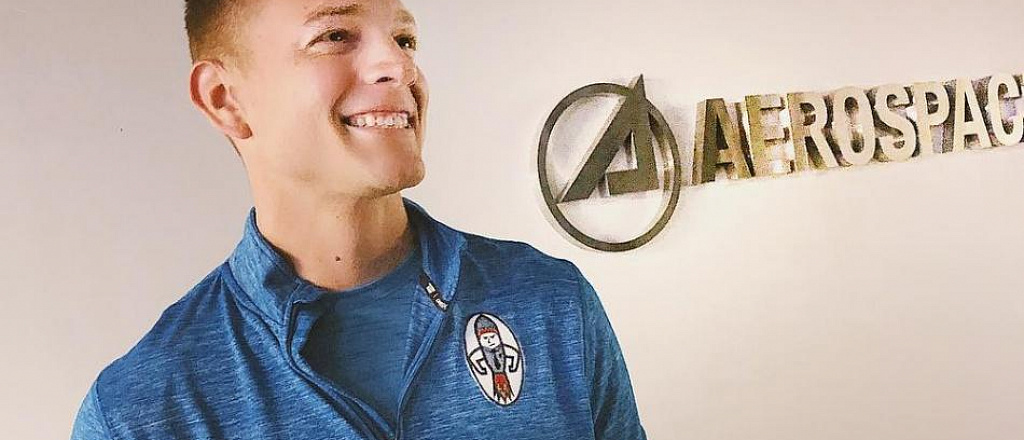Yana Korol, 33 years old, hometown — Minsk, NASA Postdoctoral Program scholar, the researcher at GRASP SAS company
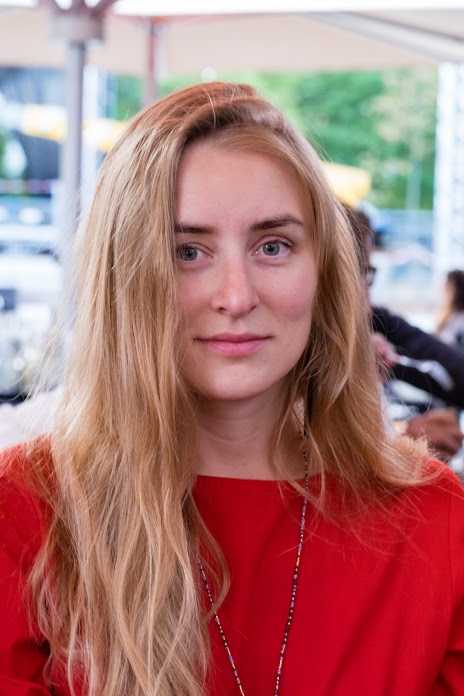
About employment
I have a PhD from Lille University in atmospheric physics. I graduated from the Physics Department of BSU, then master of the National Academy of Sciences of Belarus entered graduate school in France. After graduate school, I returned to Minsk, where I worked for two years in the laboratory of optics of scattering media of the Institute of physics, and then as a scientific secretary.
I was told that there is an open competition for a group in NASA, which is engaged in onboard devices for the study of the atmosphere. I was just writing my dissertation on the onboard radiometer. I met the head of that group earlier at the conference, so I wrote to him. He was delighted but said I need to pass the competition. I wrote a project, took part in a competition, and got a job. The contest is named NASA Postdoctoral Program.
About work and responsibilities
NASA does not employ non-US citizens. The scholarship was paid by the Association of universities, and I was on NASA territory, I had an e-mail at @nasa.gov but I wasn't officially an employee. Most of the people who work there are paid by universities or foundations.
Among the advantages of the work, I can say one thing: You need to be ready for the fact that America is a completely different world and approach to work is different as well. Much money is allocated for research. In NASA the coolest equipment and costly projects. When I wrote my dissertation in France, it was difficult to find 50 thousand euros for some equipment, but NASA spends millions on technical equipment.
You need being ready for the fact that America is a completely different world and approach to work is different as well. They live to work.
They have democracy and no strict hierarchy. Different people can do the same job, and if you did better than the other, well done. This is neither competition nor cooperation.

About difficulties
They're just obsessed with security. In my area, there is no secret data, all publications in open access, but excessive work of security service interfered.
I lived and worked in Silicon Valley, and it's expensive. Most of my colleagues lived far away, including a supervisor who lived near Los Angeles. He came to work once a month for three days. It is difficult to work when no one is in touch and everyone contacts via Skype.
About plans
Many foreigners come for several years, gain experience and leave. I worked for one year and went to France. In France, I was offered a much more profitable and interesting position. If I decided to stay at NASA after two years of the program, I would have to look for funding.
I got a line on my resume that I worked in NASA. And I was immediately taken to a permanent position in a research company at the University of Lille.
Kevin De Bruin, hometown — Kaukauna, Former NASA JPL Rocket Scientist
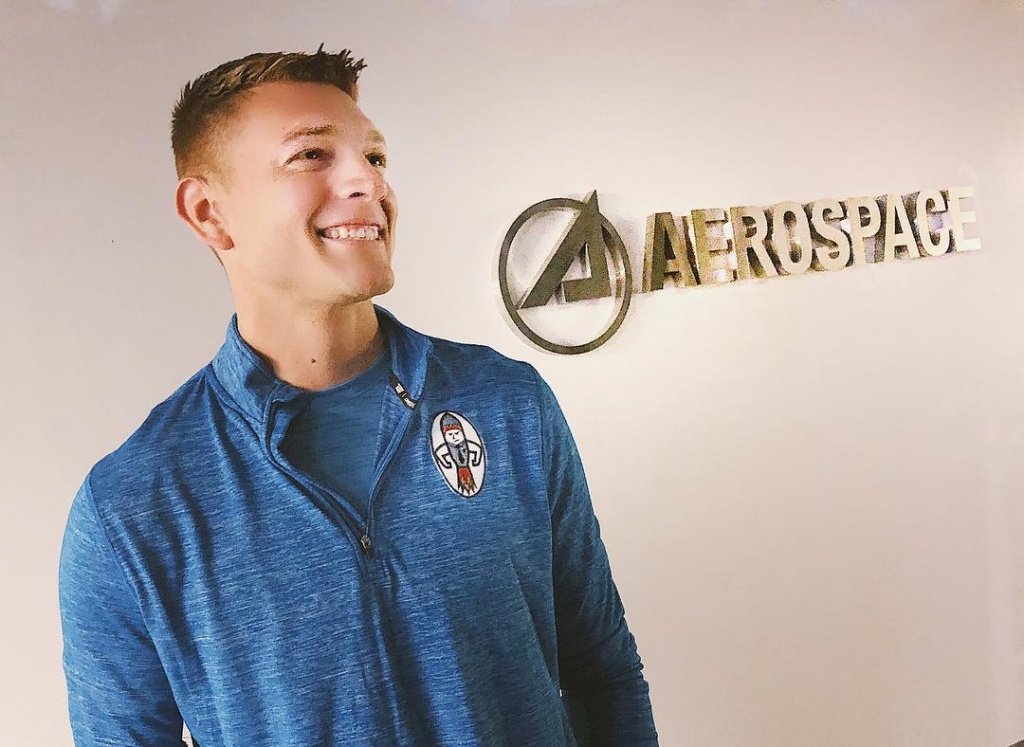
About employment
When I was ten years old, I knew I wanted to be an engineer in the aerospace industry. The story inspired me of Homer Hickam, a former NASA engineer, author of the novel Rocket Boys, on the base of which was filmed the famous movie «October Sky.» Watching the film has been a crucial moment in my life. I wanted to explore space, explore the unknown. And the character fascinated me of the main character, who by overcoming difficulties, showed me an example that I can do it too.
To do this, I managed to be successful in school and college. I became a better scout and received the highest distinction icon eagle, scout. I knew the foundation of the various awards, and the experience of a leader would give me the advantage to get the job. I set a goal to be a developer of spacecraft.
I have a master's degree in aerospace engineering and a bachelor's degree in mechanical engineering. It took 3 years and over 150 applications before I got my first internship at NASA Research centre. Then two years later I did not pass the interview and I was not offered a full-time job. I did a ten-week temporary internship again to prove to them that I'm good for the position. And then I was finally invited to work as an engineer at NASA.
It took 3 years and over 150 applications before I got my first internship at NASA Research centre.
About work

I worked as a systems engineer at NASA's jet propulsion Laboratory in Pasadena. For three years
I made my own project. I also worked on the concept of the Europa Lander mission as a flight systems engineer and in the Advanced Design Engineering group. I've done many tours for people around the laboratory.
NASA is the only ones who for many years engaged in space exploration. They combine technology and people's knowledge. They are seeking answers to questions that ordinary people do not even ask. Here I can design and build spaceships.
To work in this company, you need to go through summer courses, internships or various training programs. It is necessary to work on the speech so that you can present your project beautifully. Sacrifice your time to move forward. Take as many technical and physical courses as possible, look for schools and universities that cooperate with NASA.
I am currently working as a space systems engineer in the city of El Segundo near Los Angeles. I spend most of my time on self-education. I also make scientific videos for children and act as a mentor for beginning employees.
About difficulties
I used new methods in my work to design spacecraft, and at first, it was difficult for me. But as the work progressed, I began to learn and understand more. It's important for a NASA employee to learn, acquire more information, and ask many questions.
I like that I have a hard job. I always come across things that I need to overcome. The job doesn't get any easier, but I get better. When I face failures, I try believing in myself more and try again. If you invest, you can achieve anything.
Initially, even the University rejected my application for graduate school. But after three weeks of communication with the dean of university I was given a special place. A week later I became an assistant of the professor and searched for funding for my projects, appealed to many people. I think I might even release a book about my trip to NASA and the work I couldn't get for so long.
About plans
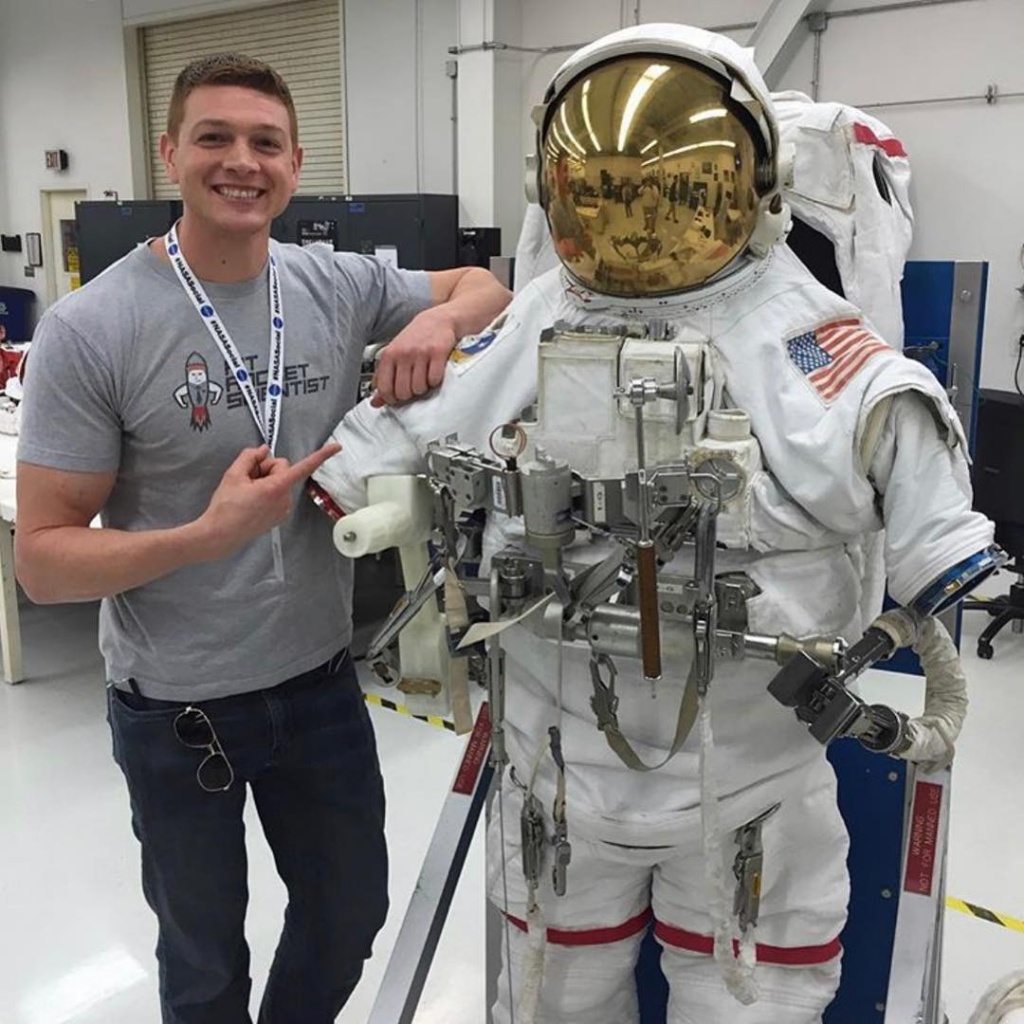
I want to grow up with the younger generation and be recognized as Bill Knight, the famous science TV host. For me, the teacher was Carl Sagan — an outstanding astronomer. I consider it my duty to continue the baton and to teach science and inspire young people. I want to develop my own style.
I follow this rule in my life — «Give me an opportunity and I will use it, give me a chance and I will succeed!»
Paul Hamilton, 25 years old, hometown — San Antonio, the electrical engineer in NASA
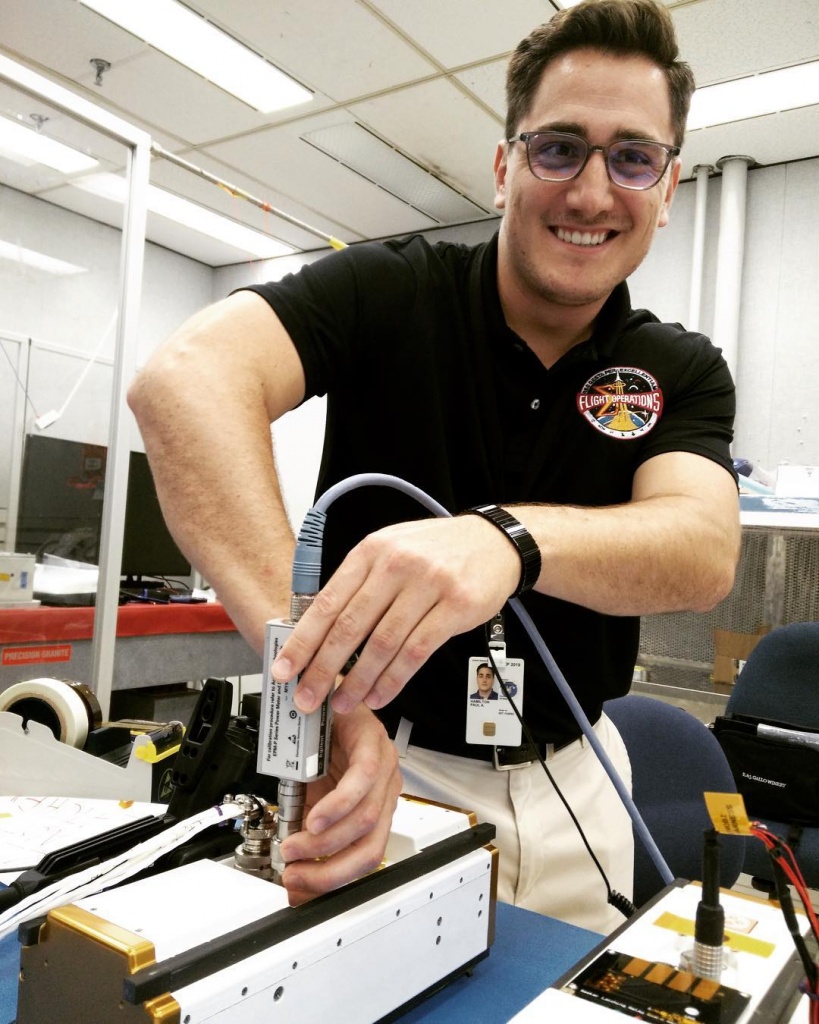
About employment
I was working in the US air force when I got a response from NASA. NASA has many different vacancies, and it's not only just engineers. I got my degree in electrical engineering, applied and started working as an Intern.
I chose to work for NASA because I like what they do. To be hired, I graduated from a bachelor's degree in electrical engineering and had an internship in this company.
About work and responsibilities
I work with satellites, antennas, radio and computers. Satellite communication is a delicate operation. I recently conducted my first communication test with the international space station as it flew over Houston at 17 miles per hour. I have been preparing for this for a year.
Working in such companies, you have many advantages, even when you retire. You see much cool stuff all the time. The company cares about the health of its employees.
You need starting preparing from school if you want to work in NASA. You have to be interested in science, do all the tasks, sit in the front row and ask many questions. And during the internship you should also be persistent, do be unafraid to ask. Gain experience, even if your work will be unpaid, be a volunteer. So you get letters of recommendation. At university, try to study well and get the GPA as high as possible. Do be unafraid to get refused, try again, even if you do not get it for the first time.
You need starting preparing from school if you want to work in NASA.
About plans
I'm studying at research degree and have a huge career potential at NASA.







